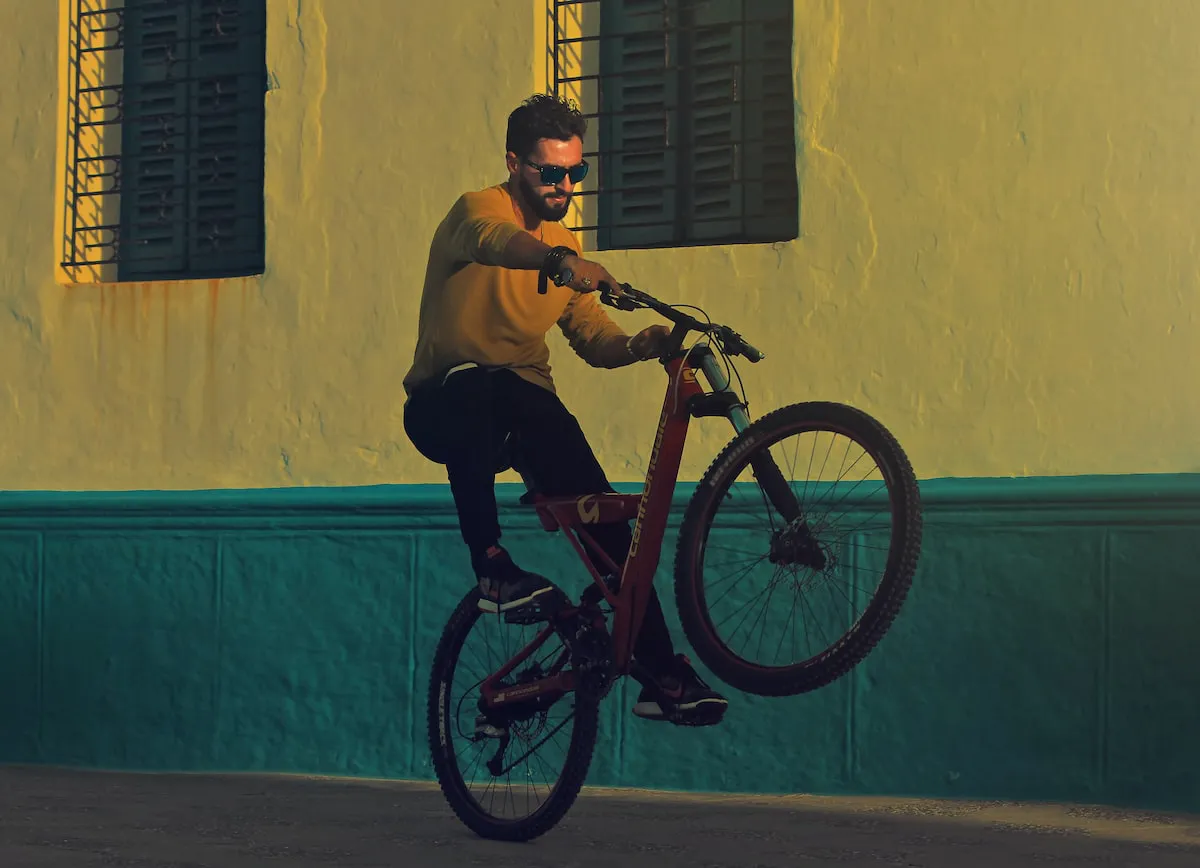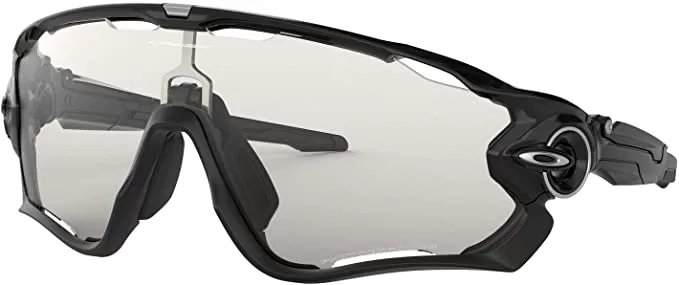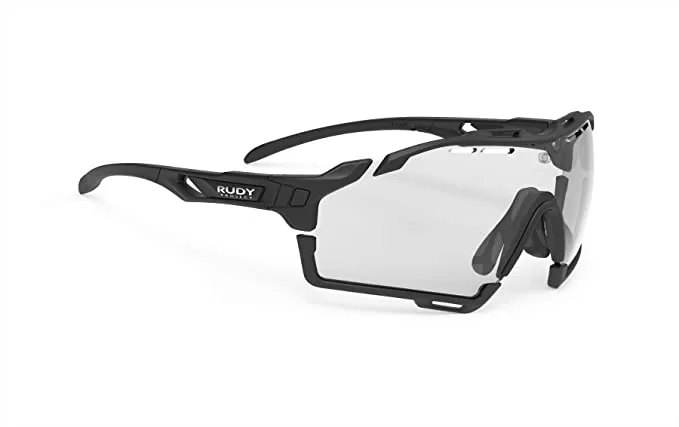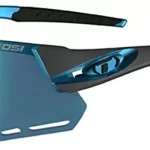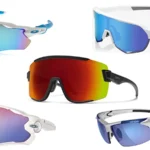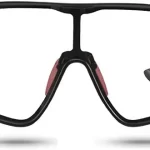When riding a mountain bike at night, having the right eyewear is extremely important for safety and comfort. Special night riding glasses can greatly improve a biker’s experience after dark. This article will discuss why night glasses are so useful and what features to look for when choosing a pair.
Seeing Clearly in Low Light
Riding on mountain trails at night presents unique challenges. Many bikers choose to ride in the evening or early morning when temperatures are cooler. But with less sunlight, seeing the trail clearly becomes more difficult. Low light conditions can make rocks, roots, and other obstacles harder to spot. This increases the risk of crashes and injuries. Wearing glasses designed specifically for night cycling can help with visibility tremendously.
The main benefit of night glasses is that they enhance contrast and depth perception. This allows you pick out bumps, dips, and turns in the trail more easily. Many models have specialized amber, yellow, or orange tinted lenses. These brighter colors improve how well you can differentiate objects and hazards on the path ahead. The glasses also cut glare from limited light sources so your vision isn’t compromised. Ultimately this results in better reaction times and bike handling during after hours rides.
Blocking Bugs and Debris
Another useful perk of night cycling eyewear is keeping small insects and debris out of your eyes. When riding under darkness, bugs attracted to bike lights and headlamps can be a nuisance. Getting a bug in your eye is not just annoying but also dangerous if it temporarily blinds you. The wrap-around style and close fit of many night glasses provides protection from these pests.
The glasses shield your eyes from dust, sand, and grit kicked up by your tires as well. Trail grit in the eyes is very irritating and can even scratch your cornea. Having a barrier against particulate matter floating in the air will make for more comfortable rides. Some night glasses models also come with an optional clear lens for the front. This prevents fogging or moisture build up from sweating or humidity. Having crisp, unobstructed vision is key when riding at faster speeds in low light.
Enhancing Other Lighting
Wearing night cycling glasses complements bike lights and headlamps nicely. The lenses take the directed light from the front of your bike and spread it more broadly. This expands your field of view beyond what the light beams illuminate directly. Essentially you get more coverage of the surrounding trail.
The glasses also reduce glare and reflections from the bike lights in your own eyes. Glare can be blinding when riding at night, obstructing your sight. But lenses made for low light filter out those intensely bright hot spots. This keeps glare spots from washing out the rest of your vision. As an added bonus, cutting the glare also saves battery life on your bike lamps. Less light needs to be emitted for you to see clearly down the trail.
Choosing the Best Model
With so many brands and options on the market, finding the right night riding glasses takes some consideration. Think about the fit, lens tint, fog resistance, and accessory options. Look for a lightweight, wrapped frame that blocks side glare. Lighter glasses put less pressure on your nose and ears so are comfortable even on long rides. Wrap-around styles improve contrast while also protecting your eyes from insects, dirt, and branches. Photochromic or yellow lenses offer the best visibility for navigating by limited light sources. But having an extra clear lens is useful in case humidity fogs the glasses. Some glasses include multiple lenses you can swap for different conditions. Finally, look for night glasses with an adjustable strap and carrying pouch. This will keep them secure and protected when not in use.
Riding Confidently After Dark
Night riding can be an exhilarating experience but also has risks if you can’t see obstacles and hazards clearly. Wearing specialized cycling glasses improves depth perception, contrast, and visibility when natural light is limited. They also protect your eyes from nuisance pests and irritating dust or moisture buildup. The right eyewear gives you confidence to ride hard knowing your vision won’t fail you. Investing in a quality pair of night glasses is crucial for safety and maximizing after dark adventures. With better vision you can push your riding limits even when the sun goes down.
Lens Color and Tint
When shopping for night riding glasses, considering the lens color and tint is important. Not all tints work equally well in low light conditions. The best colors for seeing mountain bike trails after dark are amber, yellow, and orange. These brighter hues enhance depth perception and contrast more than darker shades.
Yellow lenses in particular excel in low light by filtering out blue light. This wavelength on the color spectrum tends to scatter more and can create visual noise or flare. Eliminating blue light clarifies your view by removing visual clutter. It also boosts how brightly other colors stand out. This amplifies definition of objects on the trail at dusk or night.
Amber and orange tints work similarly by accentuating contrast and outlines. They bring out detail, dimension, and texture better to see obstacles coming up on the path. These warmer hues even enhance visibility in fog, helping pierce through moisture in the air. For dynamic after dark riding, choose night glasses with amber, yellow or orange lenses.
Preventing Fog and Condensation
When riding hard at night, keeping your vision free of fog and moisture is a challenge. The heat and sweat generated from physical exertion causes lenses to easily cloud up. Fog buildup drastically reduces how clearly you can see the trail, creating a major safety issue. Luckily there are some effective ways to combat condensation and prevent your night glasses from fogging.
Some night riding glasses now have special anti-fog lens coatings to repel moisture. These hydrophilic treatments prevent water droplets from forming which impede sight. They allow your breath and sweat to more easily disperse without obstructing vision.
You can also apply specialty anti-fog sprays or gels before your ride. There are many products on the market today that do this very well. By filling in microscopic pores, moisture has trouble sticking to treated surfaces. Just avoid using soaps or detergents which can strip away anti-fog protection. Proper lens care is vital for keeping night glasses clear. There is more than one step to stop cycling glasses from fogging up but they are very effective.
Affordability Considerations
While some branded cycling glasses can be expensive, budget-friendly options still offer good performance. In fact cheap night riding glasses provide surprising value considering their reasonable cost. The most important features like wrap-around fit, impact protection, and amber tinted lenses can be found even in value-priced models.
When manufactured in large quantities, lower production costs allow cheaper pricing while maintaining quality. Simple plastic frames and lenses get the job done fine for most riders. And opting for a minimalist design over flashy aesthetics further reduces costs. Just remember to look for UV protection when choosing any sunglasses for eye health.
So don’t be afraid to give affordable night glasses a try. They can still improve visibility and safety considerably over wearing no eyewear at all after dark. Just triple check for proper fit and adequate lens coverage first. Remember, snug wrap-around frames block side glare and shield eyes from debris far better than loose styles. Prioritizing key features over brand names can mean great performance without the premium price. Many brands such as Duduma are very affordable and capable.
Protecting Your Vision
Wearing protective eyewear when mountain biking at night does more than just improve what you see. Quality cycling glasses also safeguard your vision from harm. Eyes are delicate organs that are prone to injury, so keeping them safe is paramount, especially in low light conditions.
Small debris like dust and grit on trails can scratch your eyes or cause abrasions on the surface tissue. Twigs, branches and even bugs pose a threat for eye damage if you ride through them at speed. And the consequences from impacts can be severe. A detached retina, scratched cornea or bruised eye socket are excruciatingly painful injuries. They could even cause permanent vision impairment or total blindness.
But night riding glasses create a barrier, shielding your eyes from danger. Their protective lenses deflect or absorb the force from collisions whether from loose gravel, insect strikes, or minor crashes. The sturdy frames also prevent sharp or blunt objects from contacting the eyeballs directly if you take a tumble. So quality cycling eyewear truly safeguards precious vision. Don’t take unnecessary risks riding without them.
Caring For Your Glasses
Investing in high performance night riding glasses means little if you don’t care for them properly. Like any sports gear, some basic maintenance keeps cycling eyewear working well ride after ride. Make sure to routinely clean the lenses without using harsh chemicals that could gradually damage the glass or protective treatments.
Warm soapy water works wonders for clearing off stuck-on dirt, oils, or grime that impair visibility. Just gently rub the surface clean without applying too much pressure. Rinse under clean water then pat dry with a microfiber cloth so water spots don’t form. Repeat cleaning whenever the lenses seem dirty for the best optical clarity.
Storing your glasses properly between rides also prevents scratches or breakage. Use the included carrying pouch or case and avoid tossing them loosely into a crammed backpack. Be careful not to drop your eyewear either to prevent chips, cracks or dents to the frames or lenses. With some basic care, night riding glasses will deliver better, safer vision for countless evening adventures.
Seeing The Benefits Clearly
Riding mountain bikes in low light conditions presents extra obstacles, but the right eyewear helps mitigate the risks. Wearing specialized night glasses boosts visibility, prevents eye strain, and protects vision from harm. They enable bikers to safely enjoy exhilarating after dark adventures. And innovative lens coatings plus anti-fog sprays make today’s offerings even more capable than ever before.
So don’t shy away from evening or early morning rides simply because of limited light. Quality cycling glasses designed for night use let you charge hard with good vision once the sun goes down. You might be surprised just how differently trails look and feel in moonlight. Night riding opens up a whole new world of mountain biking fun. And the right eyewear lets you see that world far more clearly.
